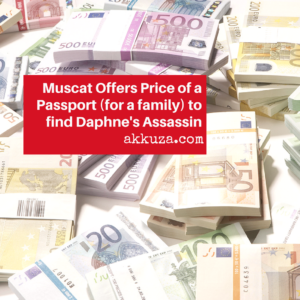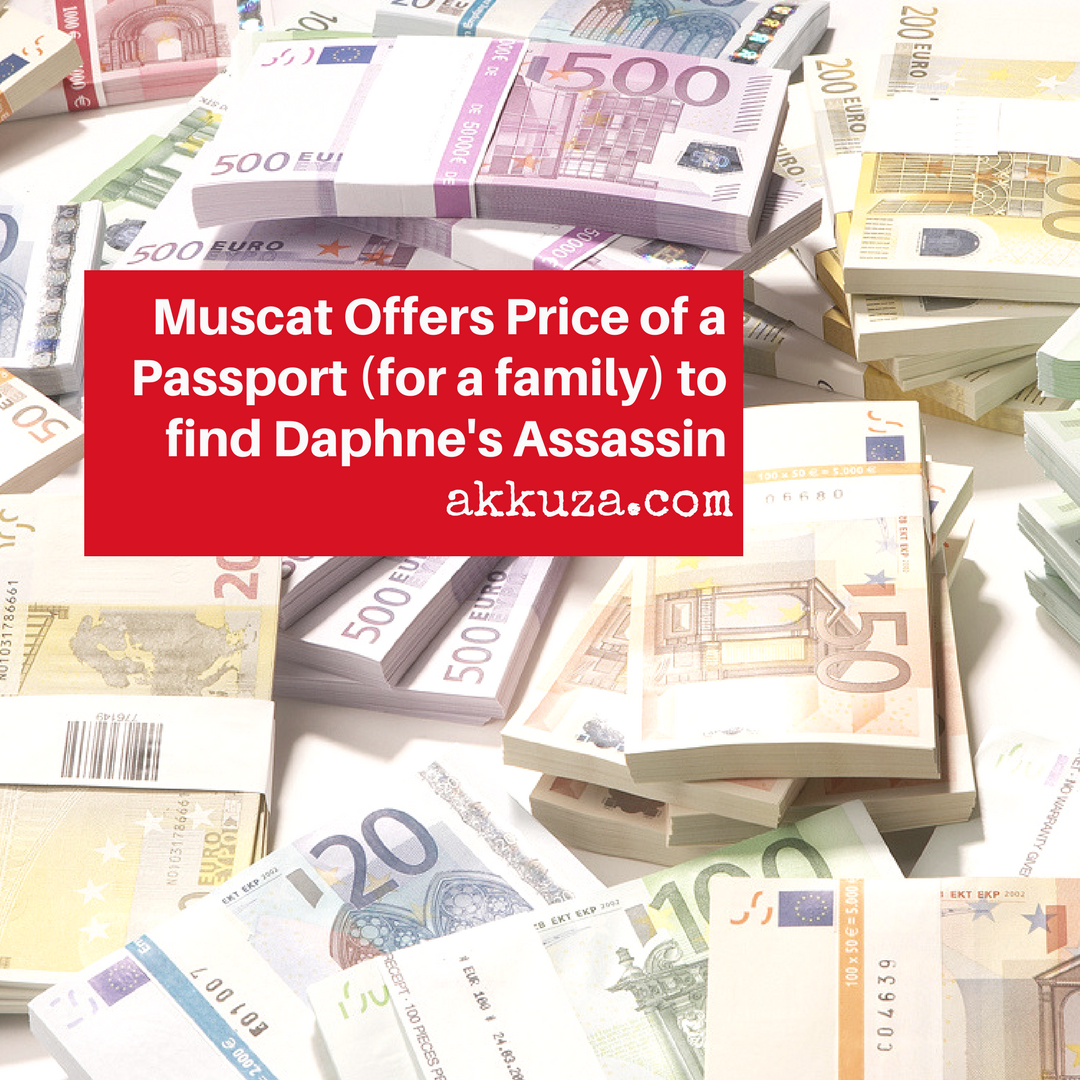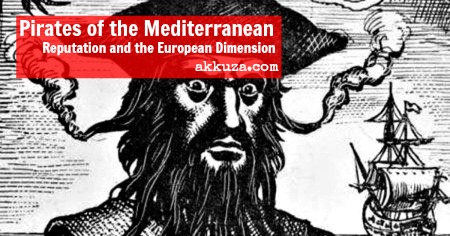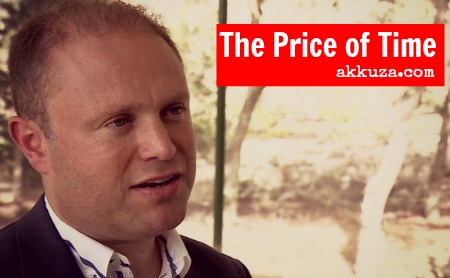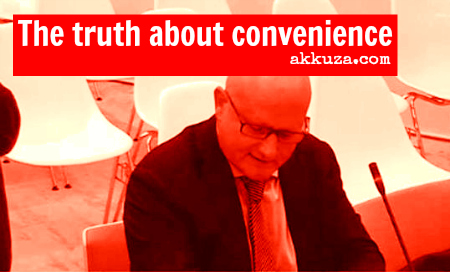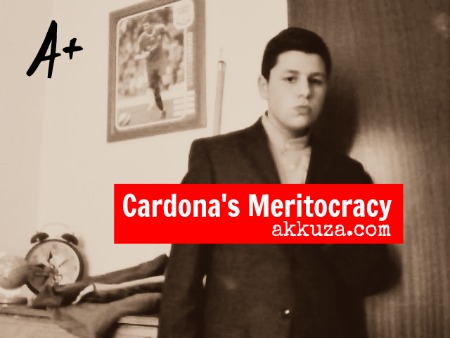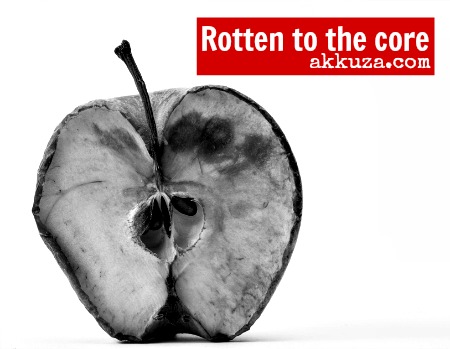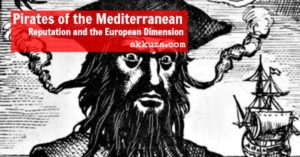
The #Maltafiles scandal has just broken. The journalistic network EIC (European Investigative Collaborations) combed through 150,000 documents leaked from Malta and concluded that Malta is a ‘pirate base’ for tax avoidance. Coming right after Panama Leaks had projected Malta into the wrong side of the limelight thanks to its having the only EU Minister with companies in Panama (and not doing anything about it), this new scandal threatens to deal a heavy blow to a crucial sector of the Maltese economy. As things stand we are definitely not in the best position to set up any form of defence.
Reputation is the key concept here. Blow after blow is being dealt to Malta’s reputation as an honest dealer on the international and European level. One lesson that many nations learnt from Panama Leaks was that in order to be able to survive in the cut-troath world of tax competitiveness it is crucial to know how to be on the right side of the fine line between tax avoidance and the abetting of illegality.
The International Dimension
Take New Zealand for example, the discovery of the use of their system of trusts by Maltese government figures led to the changing of laws in the country relating to trusts. Notwithstanding the immediate and timely reaction to shore up the damage, the ripples of the scandal are still having an effect on the NZ trust system to this day: the inquiry into the dealings by the Azerbaijan President’s daughter involve movement of moneys through New Zealand trusts.
In Panama, the founders of Mossack Fonseca – the law firm in the eye of the storm – were arrested and accused of having formed a criminal organisation that assisted persons in hiding funds of doubtful origin (read money laundering). They have only just been released on bail. Laws get changed, law firm partners get tried criminally and action is taken. All to protect a country’s reputation. That is because in the world of tax and investment competition reputation is crucial.
What happened in Malta? For over a year now the Prime Minister has stood by two of his closest operators: Keith Schembri and Konrad Mizzi notwithstanding the fact that they were two PEPs caught up in the Panama Papers scandal. The feeble excuse? Some sort of declaration on a hastily written paper makes it all seem – to the Prime Minister – A.O.K. Worse still, insofar as Mizzi is concerned we have the fake defrocking from his position as Energy Minister as some form of retribution for his ‘genuine error’. The hypocrisy behind this move was never more blatant than during Malta’s turn at the presidency of the EU with Mizzi turning up and chairing meetings of the EU Council of Energy Ministers.
No effort at all was made to preserve Malta’s reputation in this respect on the international scene. Joseph Muscat was quite prepared to defy everyone and everything and proceed with his headfast ways keeping both Schembri and Mizzi close to his chest while ignoring international calls that cried foul. At no instant did his particular magic formula for Malta’s economy – Muscatonomics – contemplate the huge damage being wrought by his actions and those of his entourage. The recent developments with regards to the operations of Pilatus Bank are only an aggravation of this situation. It can only get worse.
The European Dimension
The Best in Europe is what Joseph Muscat had promised. Has he delivered? There are different ways of looking at this. First there is the government spin that our economy has never been better. We have low unemployment and budget surplus flowing through our ears and noses. The ‘trickle down’ benefits for the citizen remain the famous ‘consumption bill cuts’ that earned Muscat his first ride in power. A different song is that sung by others who – as best put metaphorically by a colleague of mine – describe the situation as follows: The previous nationalist government had replaced an old car with a spanking new one and the labour government found it all set to go. What labour is doing is revving up the engine and wearing it down as fast as possible like there is no tomorrow.
Beyond the inevitable spin though there is a reputation to be upheld in the European Union too. Being the best in Europe also entails being the best in Europe by European standards and those standards are to be found in the rules of the club. It’s not about a blind adherence to the rules either, it is about understanding that the European Union is a sum of its parts and that every part of the Union can only benefit when they work together and for the same interest.
This idea is best enshrined in article 4(3) of the Treaty of the European Union:
“Pursuant to the principle of sincere cooperation, the Union and the Member States shall, in full mutual respect, assist each other in carrying out tasks which flow from the Treaties.
The Member States shall take any appropriate measure, general or particular, to ensure fulfilment of the obligations arising out of the Treaties or resulting from the acts of the institutions of the Union.
The Member States shall facilitate the achievement of the Union’s tasks and refrain from any measure which could jeopardise the attainment of the Union’s objectives”.
The principle of sincere cooperation underlies the operation of the EU as a group of states with common goals and common regulations. When boiled down to the essence it translates into “member states (and institutions) should not engage in activity that undermines the goals and effectiveness of the Union and its objectives”.
Which brings me to passports and the sale thereof. It may be ok for the government of Malta to lend lip service to the European Union as a project and as a concept. The damascene conversion of Malta’s PM from hater of all things EU to sudden prophet on the future of Europe might have become a taboo topic and yet it remains to be tested given how every action on the European stage by this government is tied to inherent contradictions and the sale of passports is the prime example.
When Malta’s Labour government decided to turn the sale of Maltese citizenship into a lucrative business it also did so with the full knowledge that the main attraction of such citizenship was that it included EU citizenship in a sort of 2 for 1 deal. The bulk of local criticism of the scheme was related to the type of purchasers who would be attracted but few chose to stress the European dimension of the problem. The low and inconsistent standards applied to the scheme and the readiness to accept anybody willing to pay were not only harming Malta but they were harming the European Union.
Did our PM care? Irrespectively of whether he was aware of the alleged massive operation of greasing of wheels when it came to the implementing of the scheme, Muscat showed an incredible nonchalance in dismissing this huge “up yours” to the European Union as one big bout of jealousy. What does that make Malta seem like in the eyes of its partners in Europe? What does it do to the reputation of the nation? Yes you guessed. We are the pirates of the Mediterranean, ready to sell our soul for a quick kill – and that kind of reputation sticks.
So when the focus suddenly shifts to a Financial Services industry and to how Malta has used a (cheap) competitive edge to attract investments here the onus of proof that Malta acts with malicious intent of the “I’m alright and f you jack” kind is much lower. Couple that with the fact that our regulatory system in this sphere has not exactly been improving over the years but rather has degenerated and you suddenly discover that one of the crucial sectors in our economy is under open fire from all sides.
This is not Luxembourg right after Luxleaks. This is not Ireland after getting rapped on the hand by the Commission for the way it deals with huge multinationals. This is passport selling Malta with a Panama Leaks associated heart of government that is now exposed with a set of files showing that its financial services system is being abused by persons of not too high a standard.
That is the difference really. On any other day, under any other government, an attack on the competitive edge of a particular sector can be weathered given the right diplomacy and the right legal action in the right quarters. Take our gaming industry – constantly subjected to a barrage of attacks by fellow EU members who want a piece of the cake. So long as we can show that our regulatory standards are high and that we operate within the limits of sincere cooperation then it as all part of a days work as members of the EU. There are forums were this battle can be taken.
This is not any other day or any other government. This is a scandal ridden government that has now got a long list of grievances which all boil down to the breakdown of governance. The strongest defence for maintaining a competitive regime is that it is done and maintained within a strong regulatory framework that allows for no nonsense. When France, Germany, Italy and more come knocking at your door asking questions as to how your financial services industry is full of huge holes allowing for money laundering operations the best platform for defence is not the deck of a pirate ship that is sinking fast.
